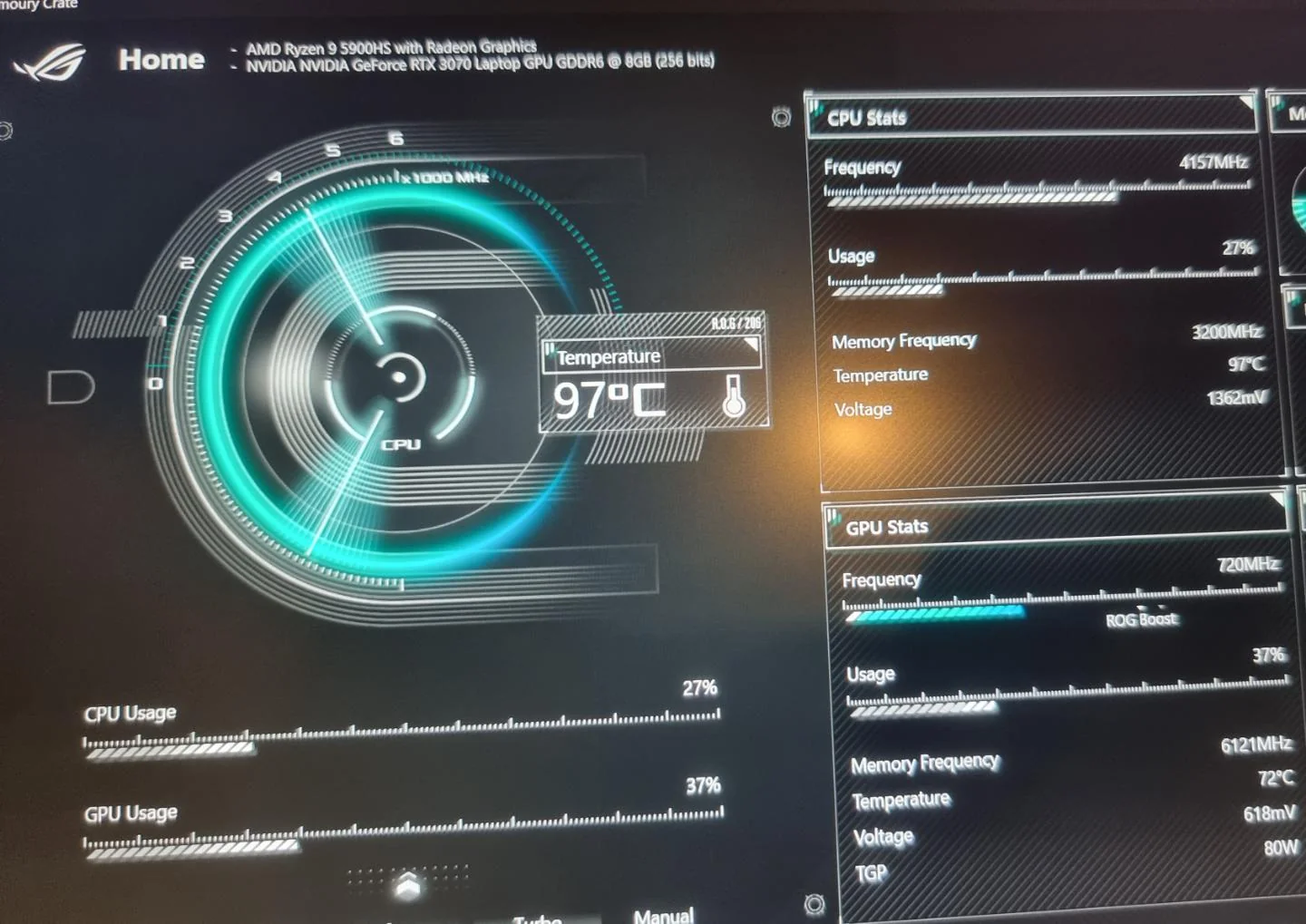Introduction
When it comes to gaming, having the right equipment can make a world of difference. From powerful processors to high-resolution displays, gamers are always on the lookout for the best machines to enhance their gaming experience. While desktop computers have long been the go-to choice for many gamers, there is a growing market for gaming laptops. However, before you take the plunge and invest in a gaming laptop, it’s crucial to weigh the pros and cons.
Gaming laptops may seem appealing at first glance, with their sleek designs and portability, but there are several factors to consider before making a purchase. In this article, we will discuss why getting a gaming laptop may not always be the best decision for every gamer.
It’s important to note that this article is not meant to discourage the use of gaming laptops entirely. Instead, it aims to provide a balanced perspective by highlighting some of the downsides and trade-offs that come with choosing a gaming laptop over a traditional desktop setup.
Price
One of the significant drawbacks of gaming laptops is their price. Gaming laptops tend to be more expensive than their desktop counterparts with similar specifications. The high-end components, sleek designs, and portability all contribute to the higher price tag.
If you’re on a tight budget, building a gaming desktop can be a more cost-effective option. You can customize the components according to your needs and budget, allowing you to get more performance for your money. Additionally, upgrading individual components in a desktop setup is often more affordable than replacing an entire gaming laptop.
Moreover, when it comes to long-term investment, desktops generally have a longer lifespan. They can be easily upgraded and have better cooling mechanisms, which translates into improved performance and longevity.
However, if portability is a top priority and you are willing to invest in a gaming laptop, there are budget-friendly options available. These laptops may not offer the same level of performance as their high-end counterparts, but they can still handle most current games.
Ultimately, your budget and specific gaming needs will determine whether a gaming laptop is a feasible option. It’s crucial to weigh the cost against the expected performance and longevity of the device.
Performance
When it comes to gaming, performance is a crucial factor to consider. While gaming laptops have come a long way in terms of performance, they still tend to lag behind desktops with similar specifications.
Gaming desktops have the advantage of larger and more powerful components. They can accommodate high-end processors, graphics cards, and larger amounts of RAM. This translates into better overall performance and the ability to handle resource-intensive games with ease.
On the other hand, gaming laptops are built with mobility in mind, which often means sacrificing some performance. They generally have smaller form factors and thinner profiles, limiting the capabilities of their internal components. While some high-end gaming laptops can match the performance of mid-range desktops, they are typically more expensive.
Additionally, thermal constraints can affect the performance of gaming laptops. The compact design and limited airflow can lead to overheating, which may result in frequent throttling to prevent damage. This can negatively impact the overall gaming experience, as the laptop struggles to maintain consistent performance.
It’s essential to consider your gaming requirements and the performance demands of the games you play. If you’re an avid gamer who enjoys playing graphically demanding games at high settings, a gaming desktop will likely offer a smoother and more enjoyable experience. However, if you primarily play less demanding titles or are more concerned with portability, a gaming laptop may be sufficient.
Portability
One of the most significant advantages of gaming laptops is their portability. Unlike bulky desktop setups, gaming laptops offer the convenience of being able to take your gaming experience on the go.
With their compact and lightweight design, gaming laptops are ideal for gamers who travel frequently or prefer gaming in different locations. Whether you’re gaming at a friend’s house, attending a gaming event, or simply want to enjoy your favorite games in a different room, a gaming laptop provides the flexibility to do so.
Additionally, gaming laptops often come with built-in features that enhance their portability, such as integrated batteries. This allows you to continue gaming even when you’re not near a power source. However, it’s important to note that gaming laptops typically have limited battery life, especially when running resource-intensive games. Therefore, it’s advisable to have access to a power outlet whenever possible.
However, it’s crucial to consider the trade-offs that come with portability. Due to their compact design, gaming laptops may have limited space for cooling, resulting in potential overheating issues. This can impact performance and longevity if not properly managed. Additionally, the smaller form factor may limit the number and types of ports available, which can be a drawback when connecting peripherals or external devices.
If portability is a top priority for you as a gamer, such as if you frequently travel or have limited space for a desktop setup, gaming laptops can be a great choice. They provide the convenience of being able to take your gaming rig wherever you go, without sacrificing performance entirely.
Upgradability
One of the major advantages of desktop gaming setups is the ability to upgrade individual components as technology advances. This allows you to keep up with the latest hardware and improve your gaming performance without having to replace the entire system.
Gaming laptops, on the other hand, generally have limited upgradability. Due to their compact design and integration of components, it can be challenging or even impossible to upgrade certain parts, such as the graphics card or processor. This means that the performance you initially purchase may be the maximum performance you can achieve throughout the lifespan of the laptop.
While some gaming laptops do offer limited upgradability in terms of RAM or storage, it’s still significantly more restricted compared to desktops. Upgrading these components may require specific knowledge or professional assistance, and it can also be more expensive than upgrading desktop counterparts.
Furthermore, the rapid advancement of technology means that gaming laptops can quickly become outdated in terms of performance. With new games and software pushing the boundaries of hardware requirements, it’s essential to consider whether a gaming laptop will be able to meet your needs in the long run.
If you are someone who values the ability to upgrade and customize your gaming setup, a desktop gaming PC is the way to go. It allows for greater flexibility in terms of performance improvement and future-proofing your system.
However, if upgradability is not a top priority for you, and you are willing to accept a more fixed system, a gaming laptop can still provide a satisfactory gaming experience.
Heating and Cooling
Heat management is a critical consideration when it comes to gaming, as high-performance components generate a significant amount of heat. Proper cooling is essential to ensure stable and consistent performance, prevent damage to internal components, and prolong the lifespan of the gaming system.
Gaming desktop setups typically have better cooling capabilities compared to gaming laptops. They can accommodate larger and more efficient cooling systems, such as multiple fans, liquid cooling solutions, and larger heat sinks. These cooling options help dissipate heat effectively, allowing for optimal performance during gaming sessions.
Gaming laptops, however, often face challenges in the realm of heat management due to their compact size and limited airflow. The small form factor and restricted ventilation can cause overheating issues, especially when running demanding games for extended periods.
Manufacturers have made significant advancements in improving cooling systems in gaming laptops, incorporating technologies like heat pipes, vapor chambers, and improved fan designs. However, despite these advancements, gaming laptops still struggle to compete with desktops in terms of heat management.
Overheating can lead to thermal throttling, where the system reduces its performance to prevent damage caused by excessive heat. This throttling can negatively impact gameplay, causing lag, stuttering, and decreased frames per second (FPS).
It’s worth mentioning that investing in a cooling pad or external cooling solutions can help mitigate heat-related issues to some extent. These accessories provide additional airflow and cooling to the laptop, helping to prevent overheating during intense gaming sessions.
If you plan to engage in extended gaming sessions or play graphically demanding games, a desktop gaming setup offers better heat management capabilities, ensuring consistent performance and reducing the risk of overheating-related issues. However, if you prioritize portability and are mindful of managing heat, gaming laptops can still provide a satisfactory gaming experience with some additional measures taken to prevent overheating.
Battery Life
Battery life is a crucial factor to consider when it comes to gaming laptops, especially for gamers who value portability and the ability to game on the go. Unfortunately, gaming laptops tend to have shorter battery life compared to their non-gaming counterparts or desktop setups.
Gaming laptops come equipped with powerful hardware that requires a significant amount of power to run. The high-performance processors, dedicated graphics cards, and bright displays all contribute to increased power consumption, resulting in shorter battery life.
While manufacturers have made advancements in improving battery technology and efficiency, gaming laptops still struggle to provide extended periods of gaming on battery power alone. Running graphically demanding games without being connected to a power source will drain the battery quickly, often lasting only a few hours at most.
It’s essential to have realistic expectations regarding battery life when it comes to gaming laptops. If you plan to use your laptop primarily for gaming, it’s advisable to have access to a power outlet. This ensures that you can enjoy your gaming sessions without interruptions or the need to constantly monitor the battery level.
On the other hand, if you prioritize portability and want the ability to game on the go, it’s important to choose a gaming laptop with a battery that can meet your needs. Look for laptops with larger battery capacities and energy-efficient components to maximize battery life. Additionally, adjusting settings such as screen brightness and disabling unnecessary background applications can help conserve battery power.
It’s important to note that even with these measures, gaming laptops will still have shorter battery life compared to non-gaming laptops. If you require long-lasting battery power for tasks other than gaming, such as productivity or multimedia consumption, non-gaming laptops or desktop setups may be more suitable.
Display
The display quality is a crucial aspect of the gaming experience, as it directly impacts graphics, visual clarity, and immersion. When comparing gaming laptops and desktop setups, there are a few considerations to keep in mind regarding the display.
Gaming desktop setups often offer a wider range of display options, including various screen sizes, resolutions, and refresh rates. This flexibility allows gamers to choose the display that best suits their preferences and gaming needs. For instance, larger screens provide a more immersive experience, while higher resolutions offer sharper visuals. High refresh rates, such as 144Hz or 240Hz, ensure smoother motion and reduce motion blur.
For gaming laptops, display options may be more limited due to the compact size and specific requirements of the device. However, modern gaming laptops often come with high-quality displays that can deliver impressive visuals. Some gaming laptops even feature high-refresh-rate displays, enhancing the smoothness of gameplay.
It’s important to consider the trade-offs that come with gaming laptops’ displays. Due to their compact size, gaming laptops may have smaller screens compared to desktop setups. While this can enhance portability, it may limit the visual immersion and may require sitting closer to the screen to fully appreciate the details.
Additionally, some gaming laptops may have less accurate color reproduction compared to desktop monitors. This can affect the visual fidelity, especially for those who require precise color representation for tasks such as graphic design or content creation.
It’s also worth noting that some gaming laptops offer advanced display technologies, such as IPS (In-Plane Switching) panels, which provide wider viewing angles and better color accuracy. These options can enhance the visual experience on gaming laptops, albeit at a higher cost.
Ultimately, the choice between a gaming laptop and a desktop setup regarding display boils down to personal preferences and priorities. If you prioritize customization, larger screen sizes, and higher display options, a desktop setup may be more suitable. However, if portability is a significant factor and you can find a gaming laptop with a high-quality display that meets your needs, it can provide an enjoyable gaming experience.
Conclusion
After considering the various factors discussed in this article, it is clear that there are both advantages and disadvantages to getting a gaming laptop. While they offer portability and convenience, there are trade-offs in terms of price, performance, upgradability, heat management, battery life, and display options.
If you prioritize portability and the ability to game on the go, a gaming laptop can be a suitable choice. They offer the flexibility to take your gaming rig wherever you want and provide a decent gaming experience, especially for less demanding titles.
However, if you value raw performance, customizability, and the potential for future upgradability, a desktop gaming setup is likely a better fit. Desktops can provide more power, a wider range of options, and better heat management, allowing for a more immersive gaming experience.
Consider your gaming needs, budget, and priorities carefully before making a decision. It’s also worth noting that the gaming industry is constantly evolving, and new advancements in technology may bridge the gap between gaming laptops and desktops in the future.
Ultimately, the choice between a gaming laptop and a desktop gaming setup depends on your specific circumstances and preferences. Take the time to evaluate the pros and cons of each option to ensure that you make an informed decision that will best meet your gaming requirements.







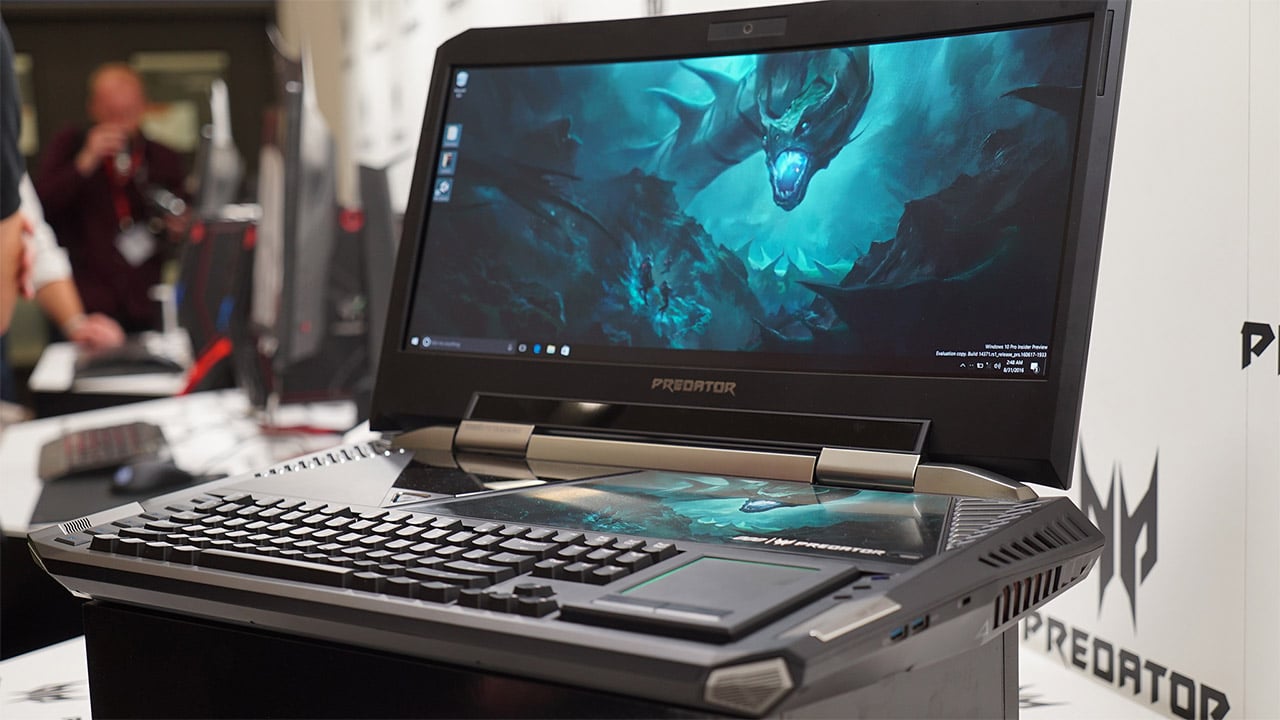

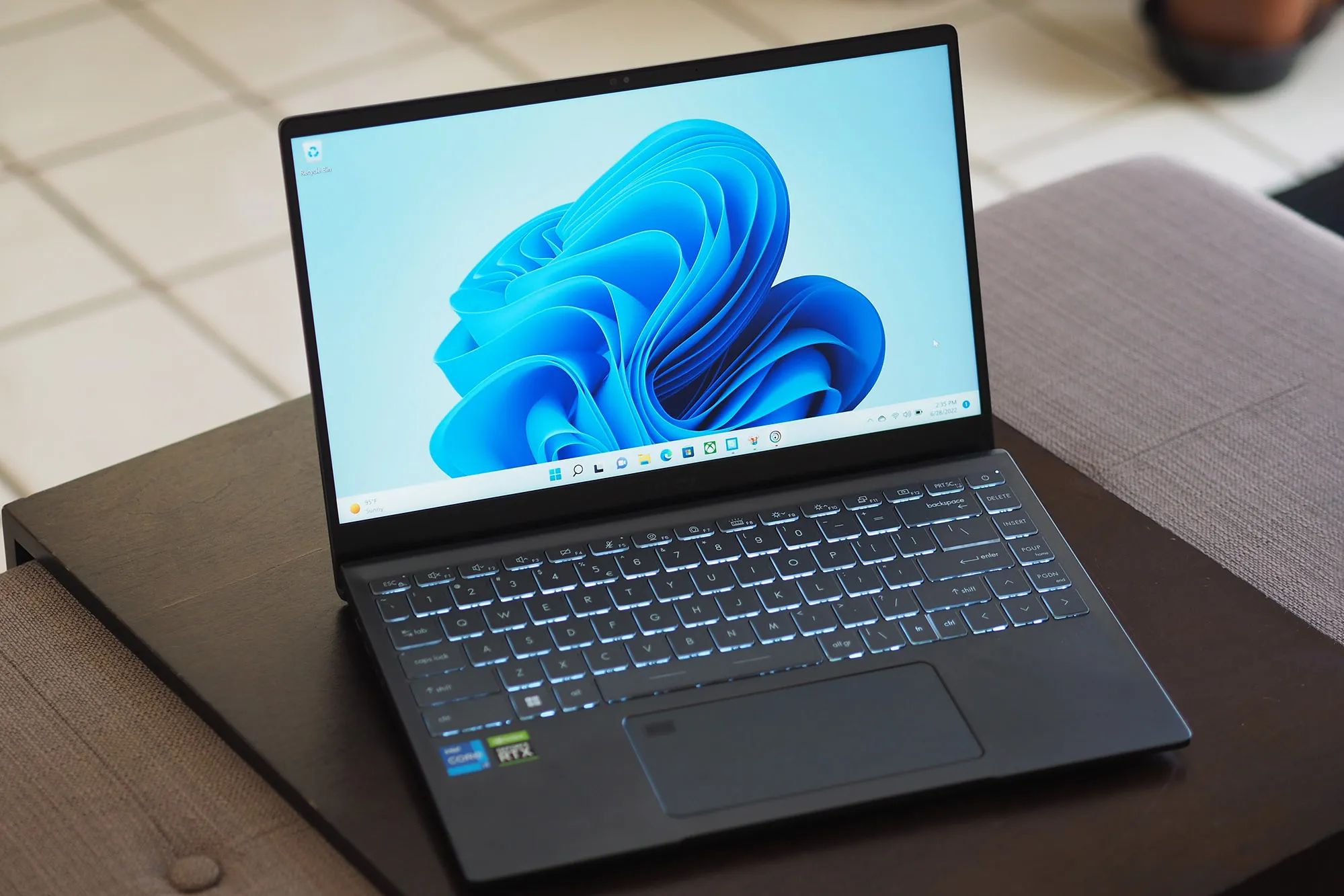


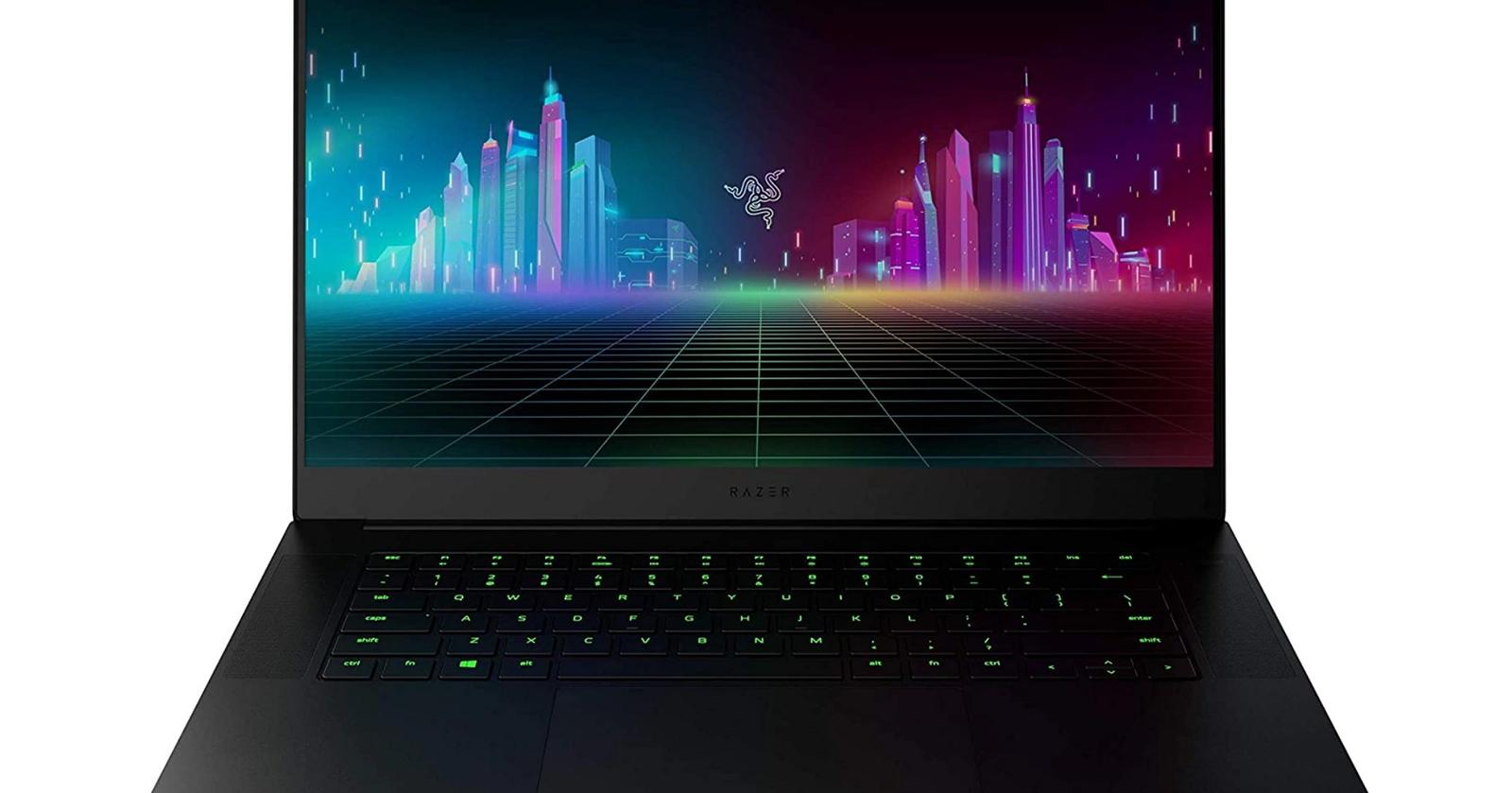
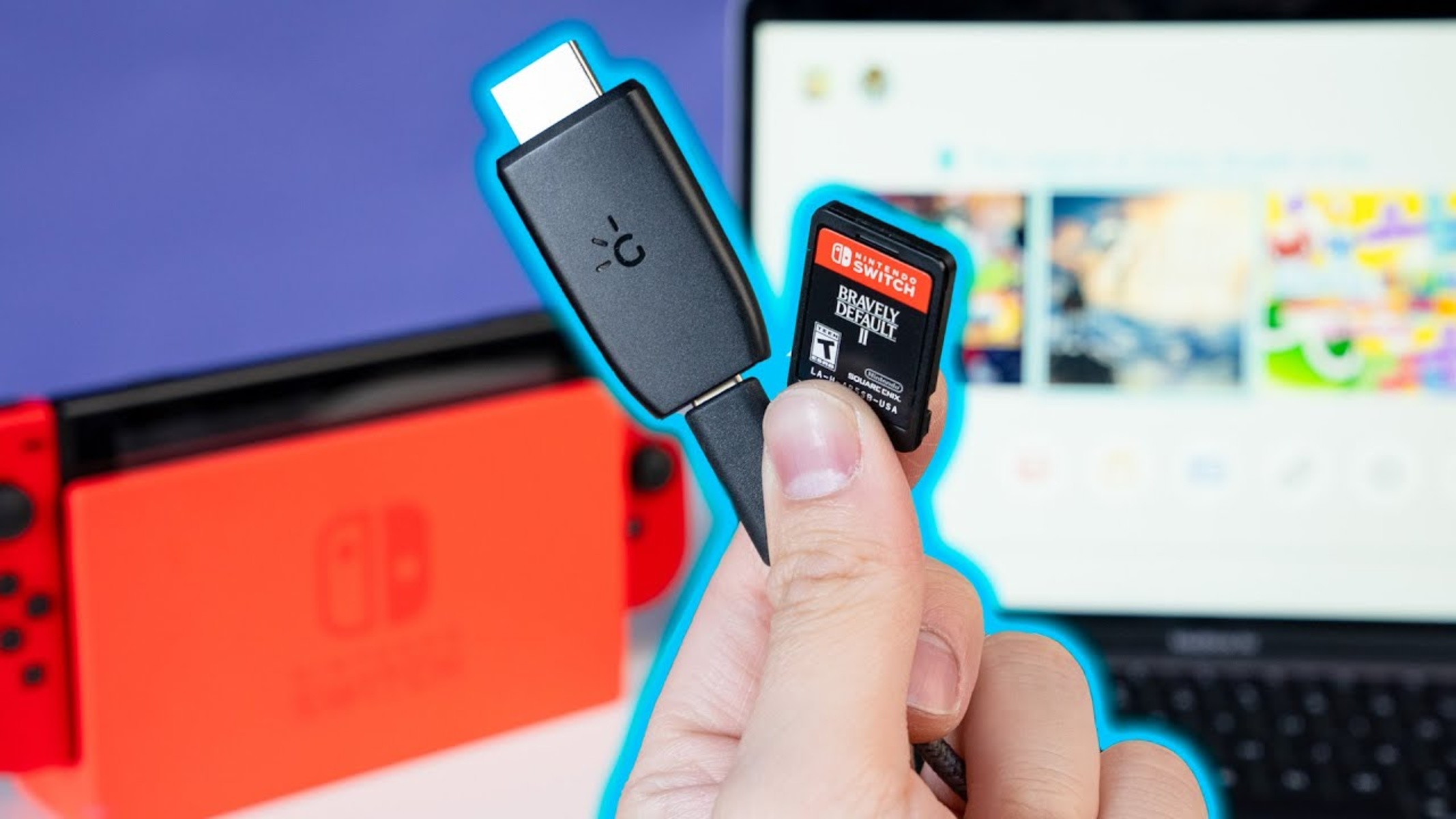
![Setting Up Dual Monitors With Your Laptop [Easy Guide]](https://robots.net/wp-content/uploads/2022/07/workstation-405768_1920-300x202.jpg)

